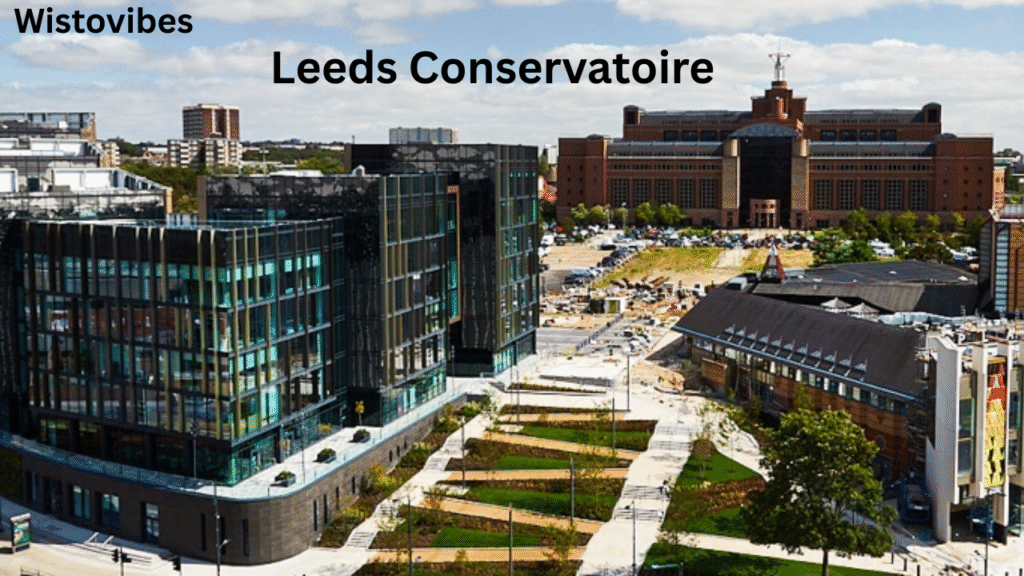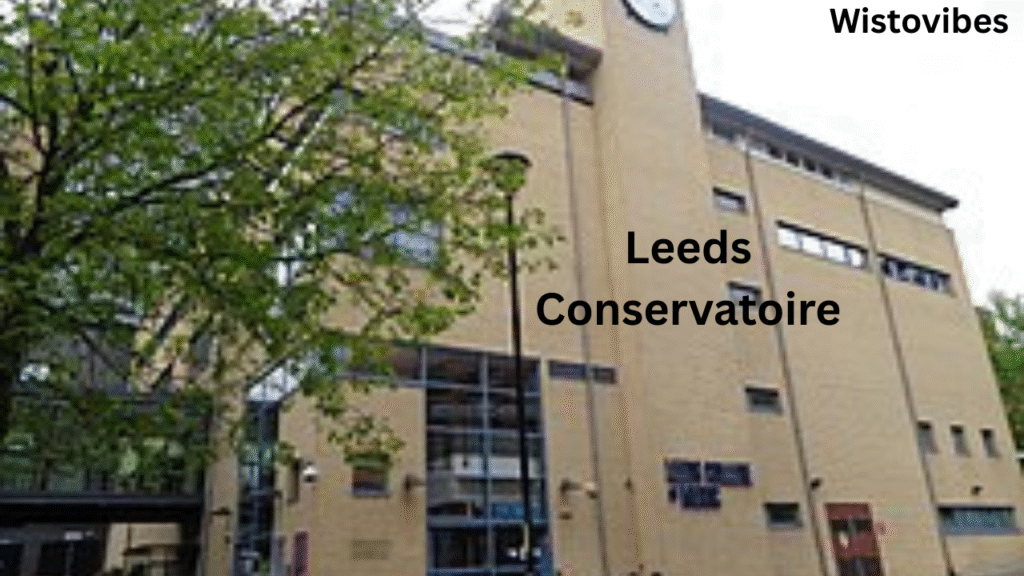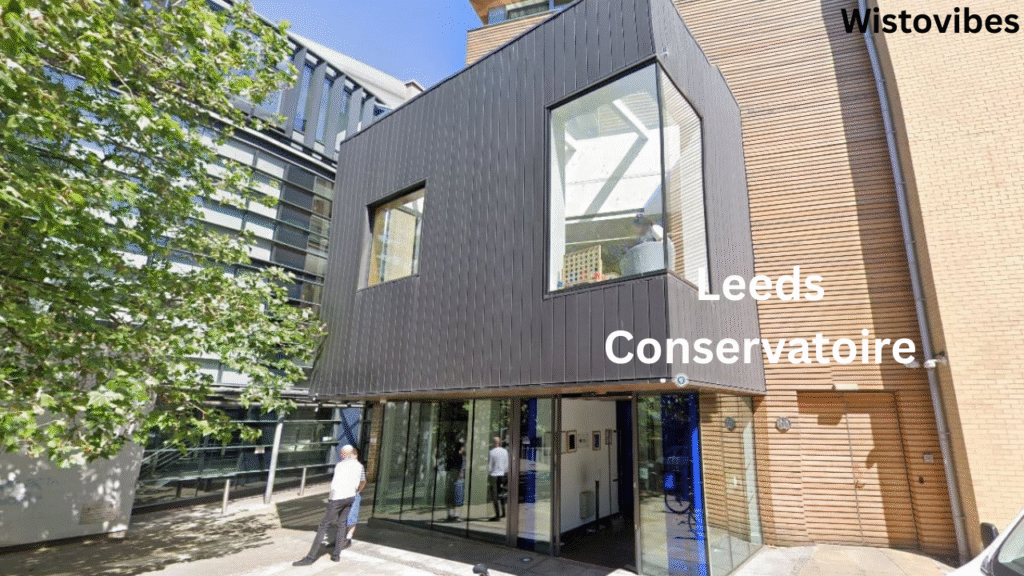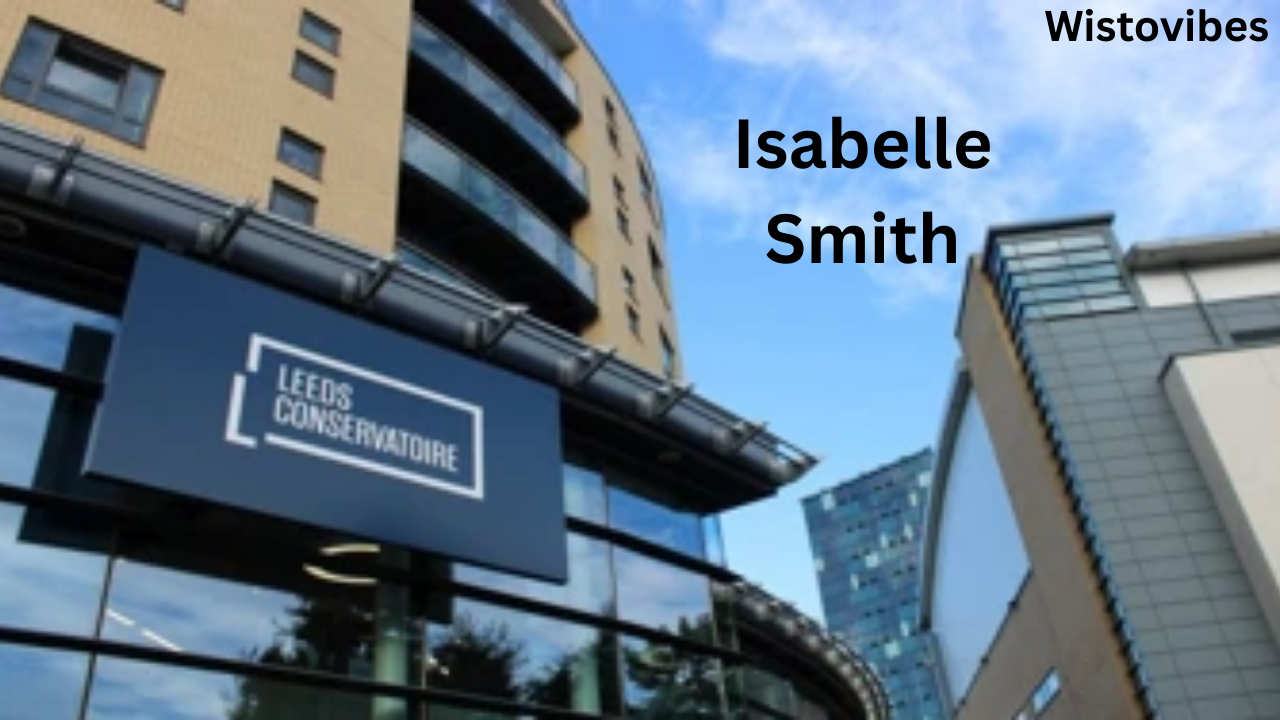Leeds Conservatoire is one of the UK’s leading institutions for music, performing arts, and creative education. Based in the vibrant city of Leeds, the conservatoire has built a reputation for innovation, inclusivity, and artistic excellence. With its dynamic approach to higher education, it not only provides traditional training but also explores new avenues in contemporary performance, digital production, and interdisciplinary collaboration.
This article explores the story of Leeds Conservatoire, its academic offerings, its impact on the cultural landscape, and why it has become such a significant hub for aspiring musicians and performers.
History and Evolution of Leeds Conservatoire

Leeds Conservatoire, originally known as Leeds College of Music, has roots dating back to 1965. From its foundation, the conservatoire stood out for blending classical traditions with contemporary styles, an approach that helped it adapt to changing creative industries. Over time, it expanded beyond music into drama, musical theatre, and production courses.
The rebranding to Leeds Conservatoire in 2020 marked a pivotal moment in its evolution. The new name reflected the breadth of its offerings and reinforced its identity as a modern conservatoire, aligned with both heritage and innovation. Today, it continues to develop programs that prepare students for diverse careers in the arts.
Academic Excellence and Programmes

Leeds Conservatoire offers a wide range of undergraduate and postgraduate courses. Students can specialize in classical music, jazz, popular music, music production, film music, and songwriting. Drama students can pursue acting, musical theatre, and performing arts degrees. The institution also provides postgraduate study in areas like composition, conducting, and music business.
What sets the conservatoire apart is its flexibility and inclusivity. Students are encouraged to cross disciplines, combining performance with technology or composition with business. This interdisciplinary approach prepares graduates to navigate industries where boundaries between roles are increasingly blurred.
Performance Opportunities and Facilities

Performance lies at the heart of Leeds Conservatoire. Students benefit from regular access to professional-standard facilities, including concert halls, theatres, rehearsal spaces, and state-of-the-art studios. The conservatoire is home to The Venue, a purpose-built 350-seat concert hall that hosts performances from students, staff, and international artists.
Beyond campus, Leeds itself offers countless opportunities. The city has a thriving music and theatre scene, and students often collaborate with local festivals, theatres, and recording projects. These experiences create a bridge between education and professional practice.
A Hub for Creativity and Innovation
Leeds Conservatoire has embraced new ways of learning and performing, particularly in digital spaces. The conservatoire encourages students to experiment with technology, multimedia, and cross-arts projects. Whether it’s combining live performance with digital visuals or creating soundtracks for film and gaming, the institution places innovation at the core of its teaching.
The conservatoire also supports entrepreneurship, preparing students to create their own work rather than waiting for opportunities. Many graduates go on to establish companies, ensembles, and projects that contribute significantly to the creative economy.
Student Life and Community
Life at Leeds Conservatoire is about more than classes and rehearsals. Students become part of a creative, supportive community where collaboration is valued. The conservatoire’s location in Leeds adds to this experience. Leeds is known for its energy, affordability, and artistic culture. From music venues like the Brudenell Social Club to theatres and galleries, students are immersed in a city that celebrates creativity.
The institution also emphasizes wellbeing and inclusivity, ensuring students feel supported in their personal and academic journeys. This holistic approach helps create an environment where creativity thrives.
Alumni and Industry Connections
Leeds Conservatoire has produced a remarkable list of alumni who have gone on to successful careers in music, theatre, and beyond. Jazz musicians, classical performers, songwriters, producers, and actors trained here are now working nationally and internationally.
Industry connections are a key part of the conservatoire’s ethos. Students regularly engage with visiting professionals through masterclasses, workshops, and collaborative projects. These connections help bridge the gap between education and employment.
Leeds Conservatoire’s Role in the Cultural Landscape
The conservatoire is more than a place of study; it is a cultural institution in its own right. Through its concerts, theatre productions, and partnerships, it contributes to the artistic life of Leeds and the wider region. Its staff and students are active participants in festivals, community outreach, and creative collaborations that strengthen the city’s cultural ecosystem.
This role positions the conservatoire as both a training ground for artists and a cultural engine for the community. Its influence extends far beyond the walls of the institution.
Looking Ahead: The Future of Leeds Conservatoire
As creative industries continue to evolve, Leeds Conservatoire is well-placed to adapt and lead. With its emphasis on interdisciplinary learning, digital innovation, and community engagement, the conservatoire prepares graduates for careers that may not even exist yet.
The institution’s commitment to both tradition and experimentation ensures that it remains relevant in a fast-changing world. As new technologies and cultural trends reshape performance and production, Leeds Conservatoire will likely remain at the forefront, shaping the next generation of artists and innovators.
Conclusion
Leeds Conservatoire is a place where tradition meets innovation, and where students are encouraged to find their own creative voices. Its combination of high-quality training, industry connections, performance opportunities, and supportive community make it one of the most exciting places to study music and the performing arts in the UK.
From its history to its future, the conservatoire reflects the power of creativity to adapt, inspire, and transform. For anyone considering a career in music or performance, Leeds Conservatoire offers not just an education, but a pathway into a lifelong creative journey.
Read More: Isabelle Smith, ??, and the Story Behind the Name




